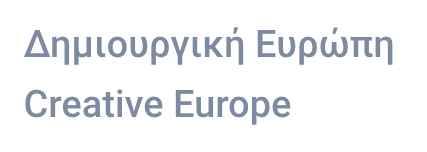Atlas of transition is a European project based on audience development, promoting cross-cultural dialogue and bringing communities together through culture in shared public spaces. It aims at promoting cultural diversity by developing new strategies of interaction and reciprocity between EU citizens and newcomers, contributing to face radicalism and social alarm towards migration. Project involves ten innovative EU cultural organisations from seven partner countries, working together to find new spaces of meeting and participation in contemporary performing arts. As first action the project promotes a factory of workshops and ateliers based on participatory arts and with the active involvement of mixed groups of people: migrants, refugees and inhabitants of the local communities. At the same time partners develop multidisciplinary artistic productions based on participatory practices with non-professionals, co-creations and collaborations between EU and non-EU artists from the origin’s countries of migrants. A new International Festival is organised in each partner country as the ideal setting to make know to a broader audience the artistic works of partners and to enrich the debate with academics, cultural institutions and cultural policy makers. An international network of universities supports the project with a collaborative research-action for the generation of contents, the process analysis and the identification of best practices and training tools. Priorities of Atlas of transitions include: promoting innovative audience development strategies extending the access to under-represented groups; giving to EU citizens the opportunity to discover and understand the values of culture of migrants and refugees; strengthening the EU cross-cultural exchange among contemporary artists and professionals; fostering the cooperation with other sectors (social and educational) to stimulate a more comprehensive and long-term response to the project challenges.
